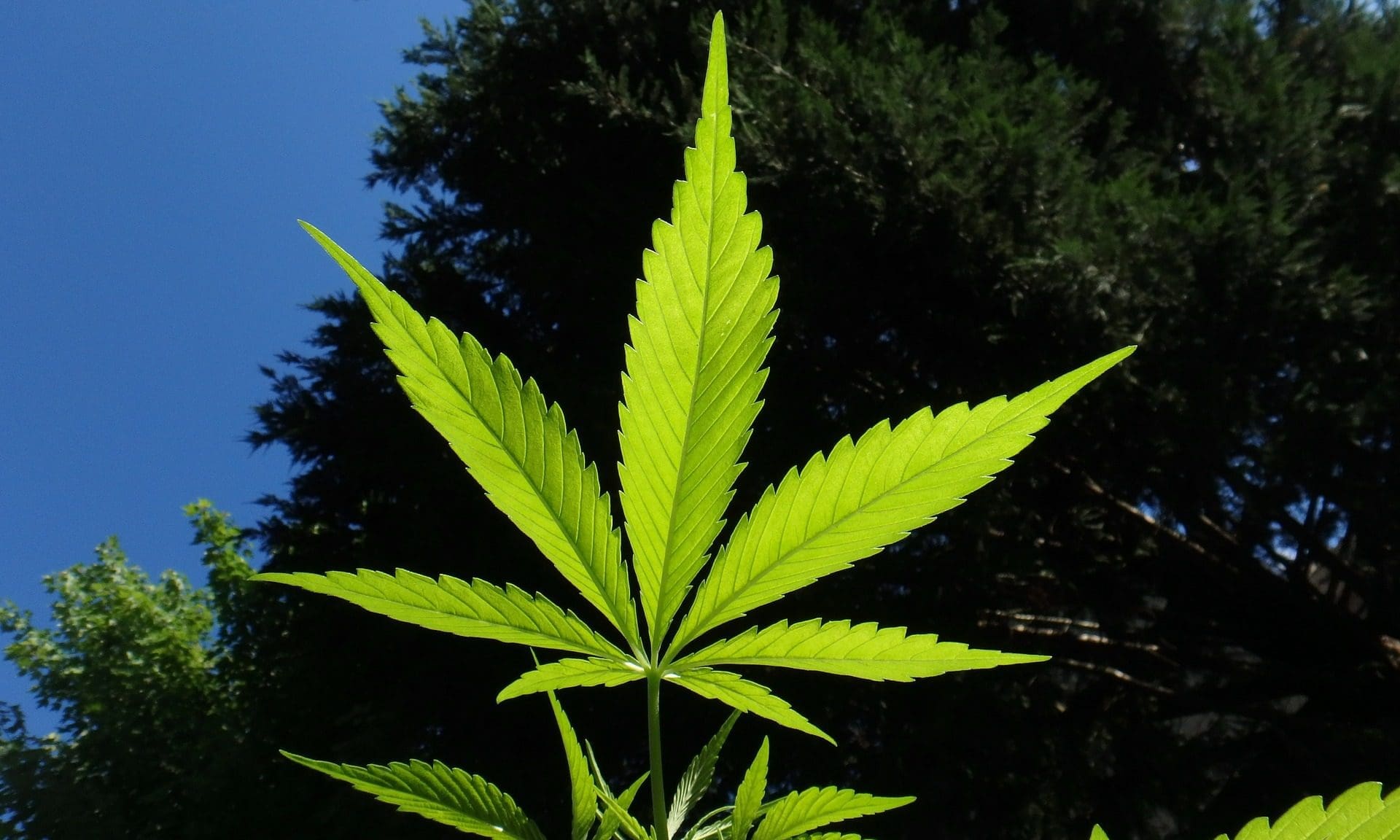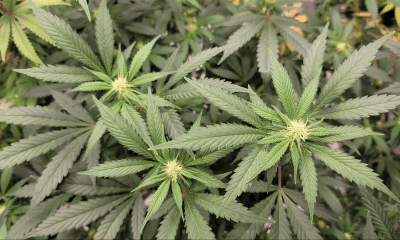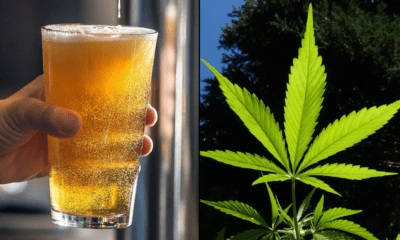Politics
Mormon GOP Senator Pushes Medical Marijuana As Opioid Alternative

A conservative Republican U.S. senator spoke about the “possible benefits of medical marijuana as an alternative to opioids” on the Senate floor on Wednesday afternoon, and introduced bipartisan legislation aimed at expanding cannabis research.
Sen. Orrin Hatch, who has represented Utah in Congress since 1977, has historically not been a champion of marijuana law reform, and continues to oppose full recreational legalization.
But in a floor speech he said that “in our zeal to enforce the law, we too often blind ourselves to the medicinal benefits of natural substances like cannabis.”
“While I certainly do not support the use of marijuana for recreational purposes, the evidence shows that cannabis possesses medicinal properties that can truly change people’s lives for the better,” the senator said. “And I believe, Mr. President, that we would be remiss if we threw out the baby with the bathwater.”
Hatch’s new bill, the Marijuana Effective Drug Study (MEDS) Act of 2017 would ease researchers’ access to marijuana for studies on its medical benefits and would require the National Institute on Drug Abuse (NIDA) to develop recommendations for good manufacturing practices for growing and producing cannabis for research.
In a pun-filled statement about the legislation, Hatch said it is “high time to address research into medical marijuana,” adding:
“Our country has experimented with a variety of state solutions without properly delving into the weeds on the effectiveness, safety, dosing, administration and quality of medical marijuana. All the while, the federal government strains to enforce regulations that sometimes do more harm than good. To be blunt, we need to remove the administrative barriers preventing legitimate research into medical marijuana, which is why I’ve decided to roll out the MEDS Act.”
Sens. Brian Schatz (D-HI), Chris Coons (D-DE), Cory Gardner (R-CO) and Thom Tillis (R-NC) are initial cosponsors of the bill.
In his floor remarks, Hatch spotlighted impediments to research that currently exist because of marijuana’s status under federal law.
“We lack the science to support use of medical marijuana products like CBD oils not because researchers are unwilling to do the work, but because of bureaucratic red tape and over-regulation,” he said. “Under current law, those who want to complete research on the benefits of medical marijuana must engage in a complex application process and interact with several federal agencies. These regulatory acrobatics can take researchers over a year, if not more, to complete. And the longer researchers have to wait, the longer patients have to suffer.”
Cannabis is currently classified under Schedule I of the Controlled Substances Act. That’s the most restrictive category, and is supposed to be reserved for drugs with no medical value and a high potential for abuse. Researchers have long complained that the classification creates additional hurdles that don’t exist for studies on other substances.
The Senate Appropriations Committee issued a report last week expressing concern about Schedule I’s research roadblocks.
There are several other pending marijuana bills in the Senate that would change federal laws to allow protections to people who use medical cannabis legally in accordance with state laws, but Hatch has not yet added his name as cosponsor of any of them. One such comprehensive bill has three Republican and three Democratic cosponsors.
Activists in Hatch’s home state of Utah are currently collecting signatures to qualify a medical cannabis ballot initiative for 2018. A recent poll found that 79% of the state’s likely voters support the concept.
Hatch is a member of the Church of Jesus Christ of Latter-day Saints, which is opposing the pending Utah ballot initiative.
“We believe that society is best served by requiring marijuana to go through further research and the FDA approval process that all other drugs must go through before they are prescribed to patients,” the Church said in a statement earlier this year.
While Hatch hasn’t revealed his position on the ballot measure, he did speak of a young Utah constituent who suffers from seizures and could benefit from medical cannabis.
“This poor family is seeking help, yearning for a way for their child to live a safe and healthy life,” he said. “Compounds found in marijuana could significantly mitigate the severity of my friend’s seizures and even help him lead a normal life. But current regulations prevent the development of any such treatment from going forward. So this young man is left to suffer.”
But despite Hatch’s support for research and acknowledgment of marijuana’s medical benefits, he isn’t exactly a fan of how many state laws regulate the drug.
“If we make medical marijuana accessible to those who really need it, we should not increase access to recreational marijuana, nor should we do anything to promote the industry that has developed around marijuana dispensaries,” he said, adding:
“Mr. President, the recreational marijuana industry has its fair share of budding entrepreneurs. But these men and women are in no way qualified to issue prescriptions or give any medical advice whatsoever to people suffering from chronic conditions. Only experienced medical professionals who have undergone years of education and formal training are qualified to consult patients seeking a marijuana-derived treatment. Only licensed professionals know how to accurately diagnose illnesses and use approved medical treatments to safely treat disease.”
The senator also expressed discomfort with the smoking of medical cannabis, saying he believes that “treatment options should focus on non-combustive forms of marijuana.”
Hatch introduced a similar marijuana research bill last year, but did not so clearly endorse cannabis’s medical potential in the related press release as he did in his floor remarks this time.
A growing body of research suggests that legal marijuana access is associated with reduced opioid addiction and overdose rates.
















